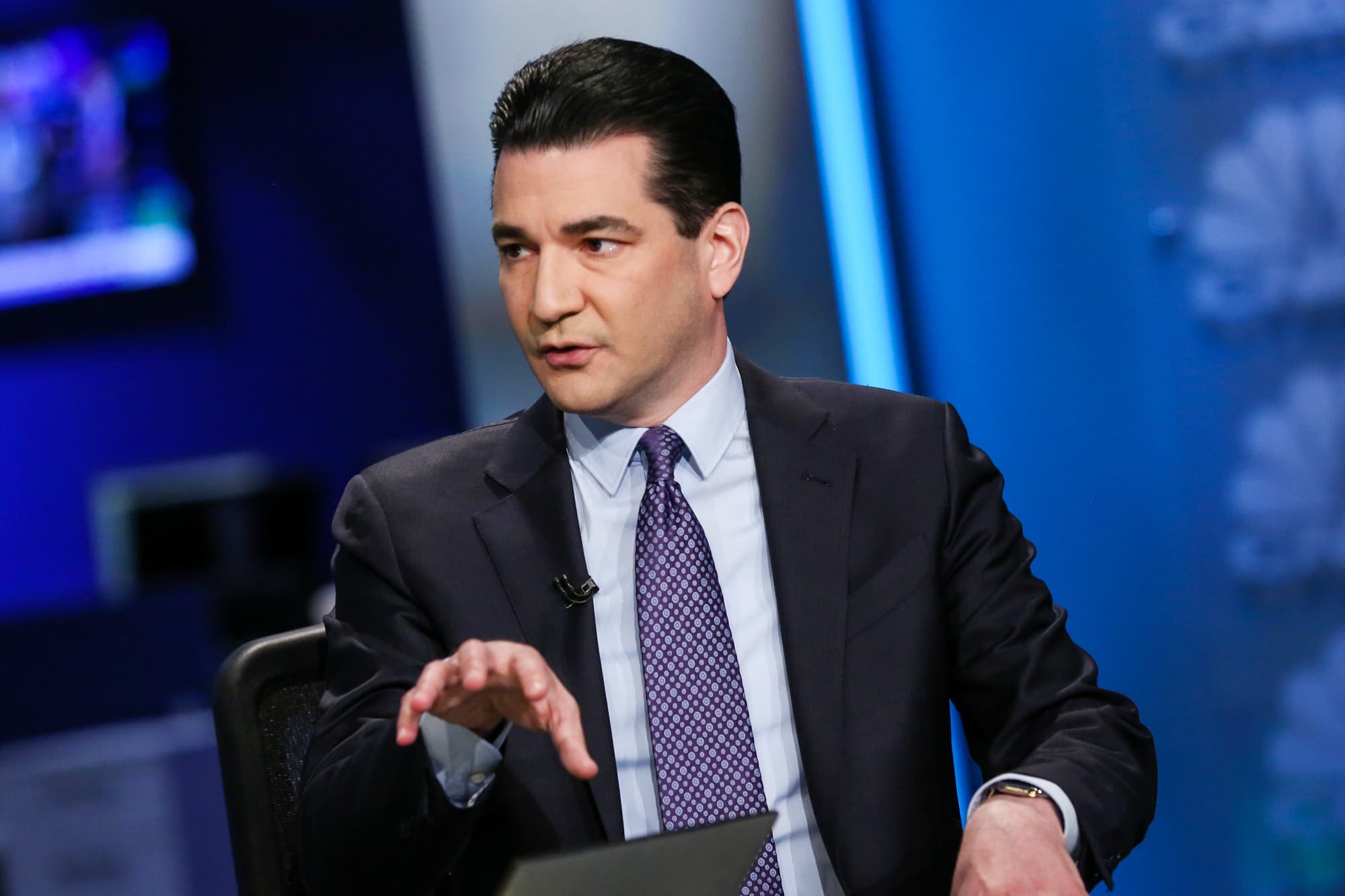
Low levels of natural immunity are complicating China’s efforts to limit spread during its recent surge in cases of the new Covid omicron BA.2 subvariant, Dr. Scott Gottlieb told CNBC on Monday.
“China has a population that’s very vulnerable to this new variant. This is a much more contagious variant, it’s going to be harder to control, and they don’t have a population that has natural immunity,” the former Food and Drug Administration commissioner said in an interview on “Squawk Box.”
The BA.2 omicron subvariant, colloquially called “stealth” omicron, was first identified in late 2021.
“They haven’t deployed vaccines that are very effective against this particular variant, this omicron variant, and so they’re very vulnerable to spread right now. They didn’t use the time that they bought themselves to really put in place measures that would prevent omicron from spreading,” said Gottlieb, who is on the board of Covid vaccine maker Pfizer.
The increasing number of BA.2 cases in mainland China has led some major cities on Monday to shutter nonessential businesses and move schools to online instruction. The outbreak is the mainland’s worst since the height of the pandemic in 2020, and the strict response to it indicates a continuation of China’s zero-Covid strategy.
China’s zero-Covid policy entails strict quarantines and travel restrictions both domestic and international. While the policy has successfully kept cases down since the height of the pandemic, health officials have warned that China’s resulting lack of exposure to Covid leaves it vulnerable to harder-to-control strains such as omicron.
The latest omicron outbreak in China also has economic repercussions, since it could hinder already struggling supply chains, particularly for tech companies.
Apple shares dropped more than 2% midday, as the Chinese city of Shenzhen’s health orders halted activity at production plants of Foxconn, an important supplier to the iPhone maker. Activity will resume once Foxconn receives government approval to do so, the company told CNBC.
Gottlieb said China’s outbreak could be bigger than what is being reported, adding uncertainty to the situation.
“We really don’t know how large the outbreak is in China right now,” Gottlieb said. “We don’t know if there’s tens of thousands of cases or hundreds of thousands of cases.”
Mainland China reported 1,437 new confirmed cases as of Sunday for a total of 8,531 domestically transmitted active cases.
“People are going to get infected in those homes where they’re confining people right now, and the big question is: How much infection do they have and how long will this last?” Gottlieb said.
Disclosure: Scott Gottlieb is a CNBC contributor and is a member of the boards of Pfizer, genetic testing start-up Tempus, health-care tech company Aetion and biotech company Illumina. He also serves as co-chair of Norwegian Cruise Line Holdings’ and Royal Caribbean’s “Healthy Sail Panel.”




